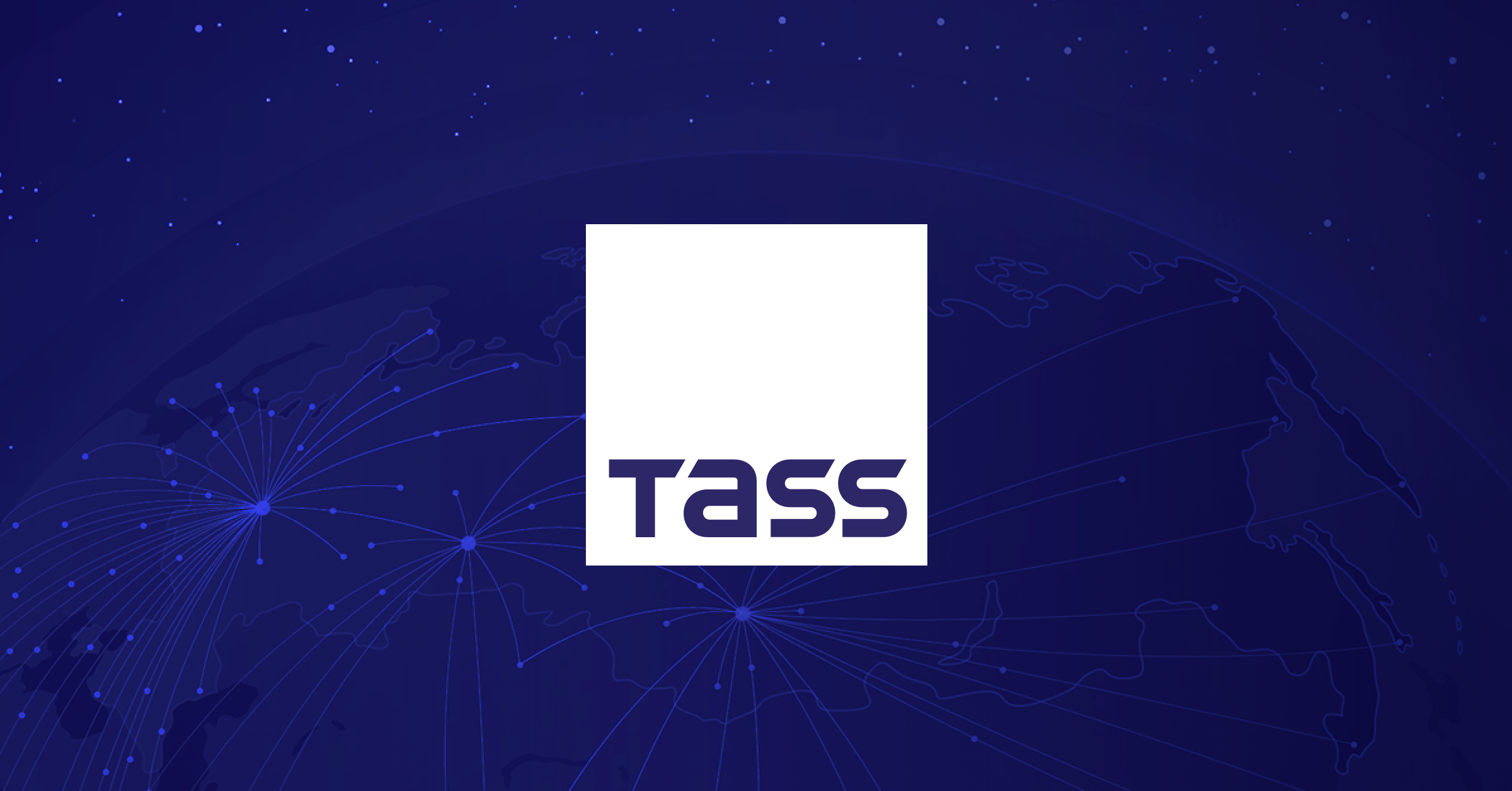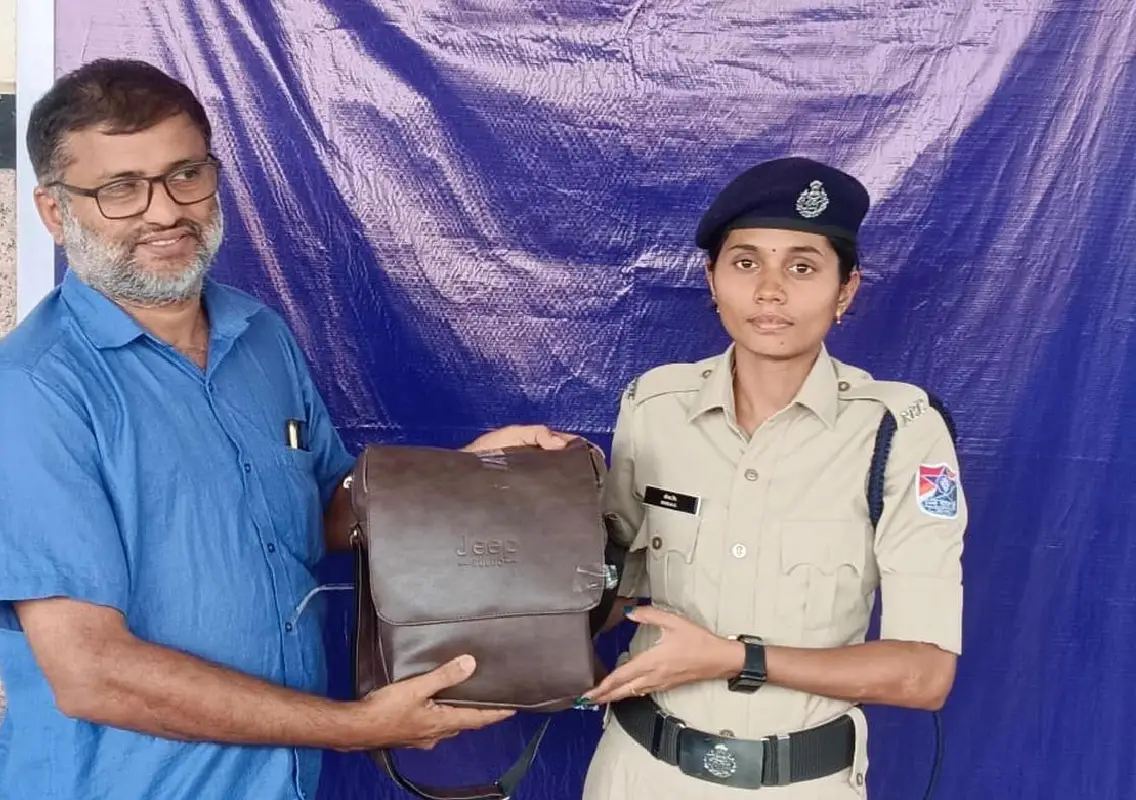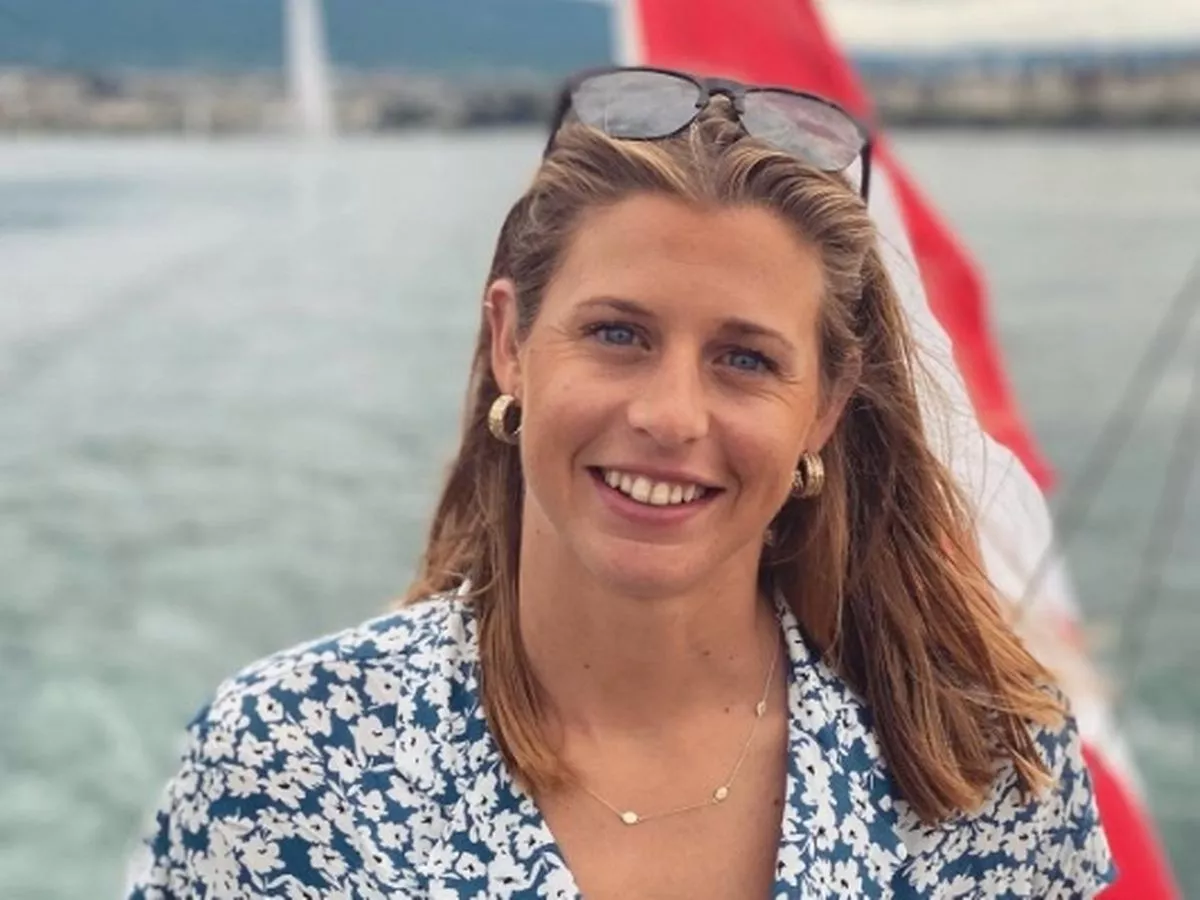Copyright tass

GENEVA, October 30. /TASS/. The Swiss Federal Court has ordered Russian figure skater Kamila Valieva to reimburse legal costs, as well as pay compensations to the International Skating Union (ISU) and the World Anti-Doping Agency (WADA) in the total amount of 2.3 million rubles (over $28,700), the court’s press office announced in a statement to TASS on Thursday. Earlier in the day, the Swiss Federal Court has rejected an appeal to overturn or review the previous decision by the Court of Arbitration for Sport (CAS) regarding the case of an anti-doping rule violation by Russian figure skater Valieva. The court also ordered Valieva to reimburse 700,000 rubles (over $8,730) and to compensate costs endured by the International Skating Union (ISU) and the World Anti-Doping Agency (WADA) at the sum of 800,000 rubles (almost $10,000). In her appeal with the Swiss Federal Court, Valieva stated that the World Anti-Doping Agency (WADA) had concealed from the figure skater's defense key arguments that could have been decisive in challenging the CAS verdict. As evidence, Valieva's defense cited the Associated Press agency’s report citing former director of the Lausanne Anti-Doping Laboratory, Martial Saugy, who conducted a study and discovered results which could have confirmed Valieva's version of the ingestion of a prohibited substance into the athlete's body through a dessert prepared by her grandfather. However, the Russian athlete's defense team claims that it has not been able to obtain the requested documents, which, among other things, may indicate fraud affecting final conclusions. The Swiss Federal Court declared that a significant part of Valieva’s arguments rested on evidence obtained after the contested decision had been issued. The defense did not provide any supporting documents from the so-called Saugy report, which was presented as irrefutable evidence. At the same time, the Swiss court pointed out that even if the Saugy study was proven, it could still not be considered an argument for reviewing the appeal, since its conclusions equally confirm both the version about the contaminated dessert and the intentional ingestion of trimetazidine within a period of 4-5 days before a doping test, which was a more likely scenario according to the expert. Valieva’s doping case On February 14, 2022, the Court of Arbitration for Sport (CAS) turned down an appeal filed by the International Olympic Committee (IOC), the World Anti-Doping Agency (WADA) and the International Skating Union (ISU) against the decision of the Russian Anti-Doping Agency (RUSADA) to lift a temporary suspension of Russian figure skater Kamila Valieva. The International Testing Agency announced on February 11, 2022, that Valieva’s doping sample, collected on December 25, 2021 during the Russian Figure Skating Championships in St. Petersburg, returned a positive result for a banned substance, trimetazidine. This triggered the postponement of the awards ceremony for the 2022 Olympic team competition, won by Russia. RUSADA imposed a provisional suspension on Valieva on February 8, 2022, but the Russian athlete submitted an appeal, and it was granted the following day. The previous decision on the provisional suspension was voided by the RUSADA Disciplinary Committee. The International Olympic Committee (IOC), the World Anti-Doping Agency (WADA) and the International Skating Union (ISU) filed appeals against this decision, but the Court of Arbitration for Sport rejected them on February 14, 2022. The Russian skater was permitted to compete in the individual Olympic competition and finished fourth.



